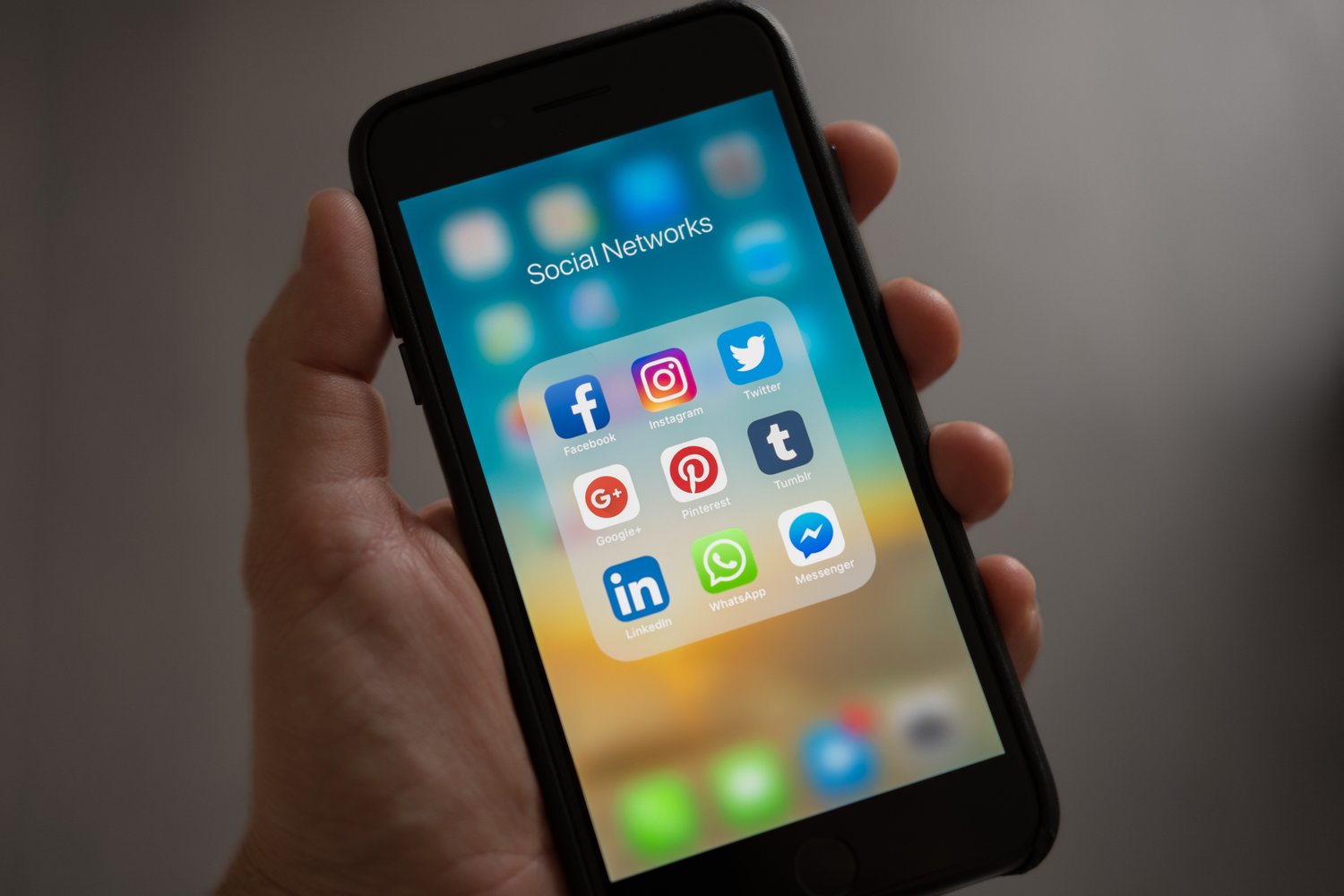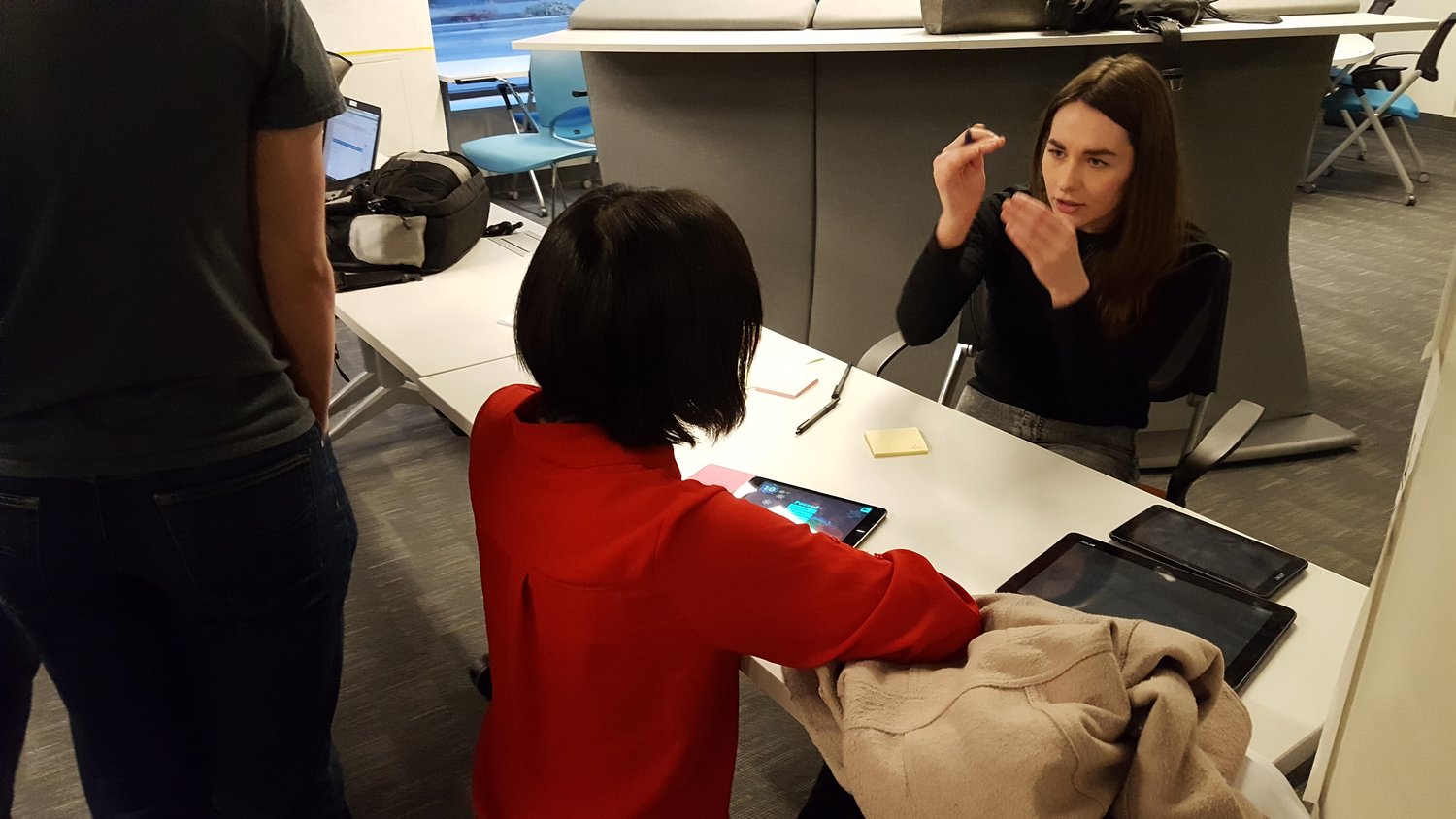Ten principles of educational video game development
10 top tips for developing educational digital games from Game Doctor studio.

Designing and developing educational games is no easy feat. In addition to user experience, game mechanics and bugs, project teams also have to worry about communicating complex topics, relevance to students and accuracy of learning content. To help early adopters and educators interested in this field, our founder, Dr Carla Brown, has shared her 10 principles for developing educational video games.
1) The team is everything
Educational game development is a tough slog. In addition to long hours of designing, programming and testing, you will also come up against user experience issues, problematic mechanics and numerous bugs that on some days will feel unsolvable. To that end, it is crucial that the project team is strong. There needs to be a lot of trust between producers, developers and artists - and transparency. You need team members that will talk straight, take ownership of issues and mistakes and also support each other when things go massively wrong. If you have just started working with a new team, why not test out the professional relationship on a small project? Use a basic prototype to test how you work together and then reflect before moving on to a larger project.

2) Subject-matter expertise is a must
For a successful educational game, subject matter expertise is a must. Educational games should contain accurate and relevant content to ensure that learning is effective. Therefore, a subject matter expert should be involved significantly during game design and testing with end users. If it is not possible to have an expert on the project team, use your remote and virtual networks. Due to the increasing importance of public engagement in academia, many researchers are becoming involved in projects such as these. Don’t be afraid to reach out to a specialist or researcher in the field you are working on and ask them to get involved. Even if they are unable to participate, it’s likely that they can put you in touch with someone that can.
3) Create a project plan
Every educational game project should have a project plan. The plan should include timelines for design, prototyping, testing, development and publication and should be reviewed on a weekly basis. When creating the plan, it is important to work with the developers and artists to determine the key milestones for development. Set the project realistic timelines and stick to them. It’s really easy for delays to crop up during design and development when you want to explore cool ideas or interesting mechanics. However, delays should always be factored into the project plan.
4) Define clear learning goals for the game
Educational games are often used with specific courses and modules and will therefore align to the learning objectives assigned to them. In the project plan, set the game learning objectives that will ensure its teaching effectiveness can be evaluated and assessed. In addition, setting the game clear learning goals with help shape the game design project. Learning goals or outcomes should be specific and measurable. Read more about learning objective design here.
5) Define your marketing strategy
In addition to classroom use, educational games are often released on commercial application stores for widespread use by the community. To this end, a marketing strategy must be defined before development starts. Marketing your game at your own institution is also very important to engage students. Holding an exhibit at a student event or running a talk can be a great way to engage students.

6) Get started!
Once you are ready, just get going. It’s much easier to determine the strength of your concept with some software to play with. Wireframes are useful but often for games, give very little insight into user experience and effectiveness of mechanics for learning. Also – try to avoid worrying about small game details before development has started. Once you have some software, it is far easier to plan your game and showcase it to testers and funders.
7) Test everything with end users during development
Testing with end users is the most important stage of educational game development. The views and attitudes of the end users should shape the development from start to finish. Prototype games should be used to playtest key mechanics and learning content. Playtesting can be done in several different ways including use of formal questionnaires or focus groups during and after gameplay.

8) Finish the game
It’s really easy to keep working on a game. Realistically nothing will ever be perfect, and testing will reveal a whole host of factors that you had not even considered. However, it’s important to remember that you are the product owner and it is not possible to provide a solution for every piece of feedback. Use the project plan to determine the end point of this version and disseminate it to the community. Updates can always be made in later versions.
9) Implement
The most important stage: implementation of the game. Once the game is completed and released, use it! Use it in classrooms with the target audience. Test it with new audiences at festivals, public events, conferences and school workshops. By exploring new roles for the game, you increase the value of the product.
10) Evaluate and evolve
The game is out. Take a break (have some fizz!) – but don’t forget about the project. Now is the time to reflect on the project and take note of what went well and what not so well. Does the team work well as a unit? Are there missing skill-sets or expertise? If there were delays, how could of they been overcome? Complete a review report on the project and share with the team. In addition, evaluate the game with end users using the learning goals that were defined during design. This will allow you to plan the next stage of development and prioritise future work of the game. In addition, formal evaluation can be utilised for peer-review publication and future grant applications.
And finally – enjoy the ride. Digital game-based learning is an emerging trend and every product being released to the community is helping shape the processes and methodologies of the future. There will be tough days and weeks but it’s always worth it. One thing I tell myself when I am really stuck is: if educational game development was easy – everyone would be doing.
If you have any questions about designing educational games or managing these projects, please get in touch with the Game Doctor teamor visit the website.
Author: Dr Carla Brown is the founder of Game Dr, a game studio dedicated to development of mobile games on science and healthcare. Prior to Game Dr, Carla completed research on digital game-based learning at Drexel University and a PhD in microbiology at University of Glasgow
Read more about:
BlogsAbout the Author(s)
You May Also Like







.jpeg?width=700&auto=webp&quality=80&disable=upscale)








